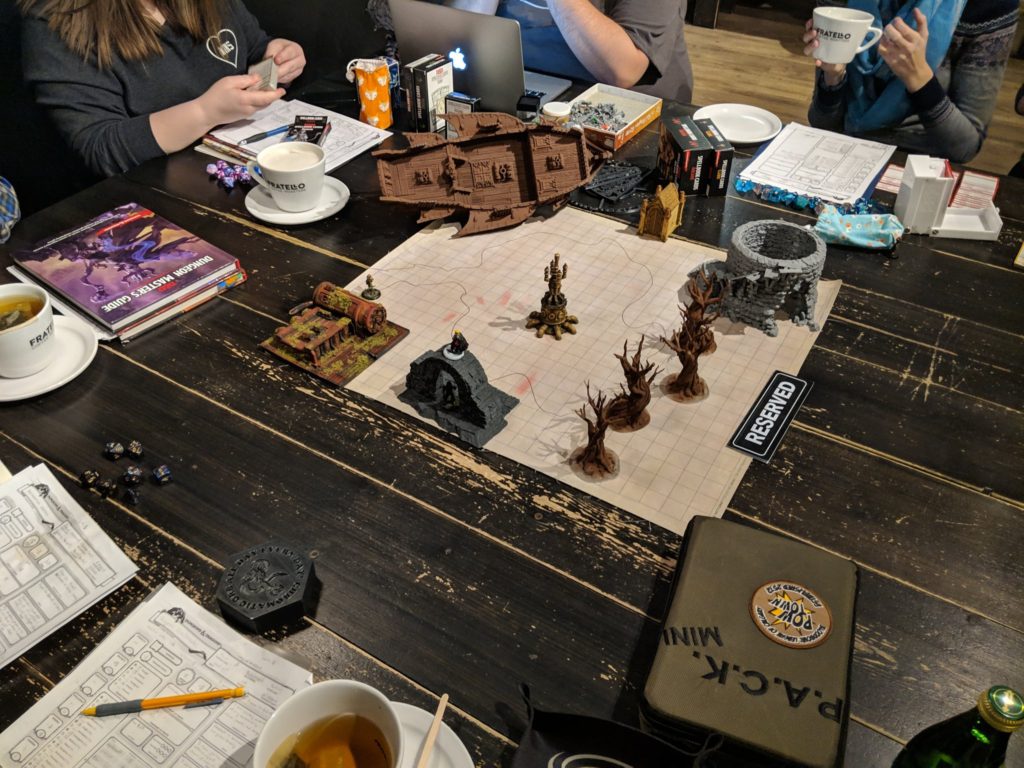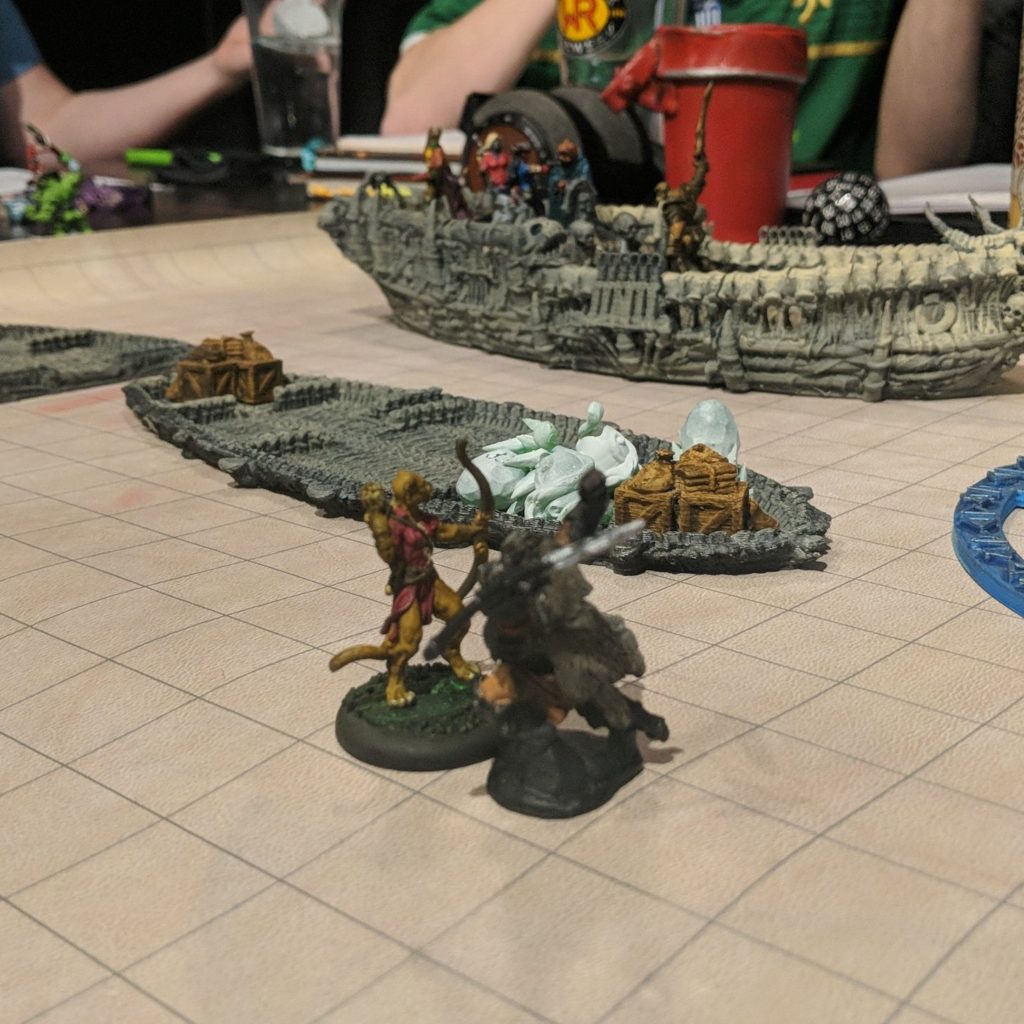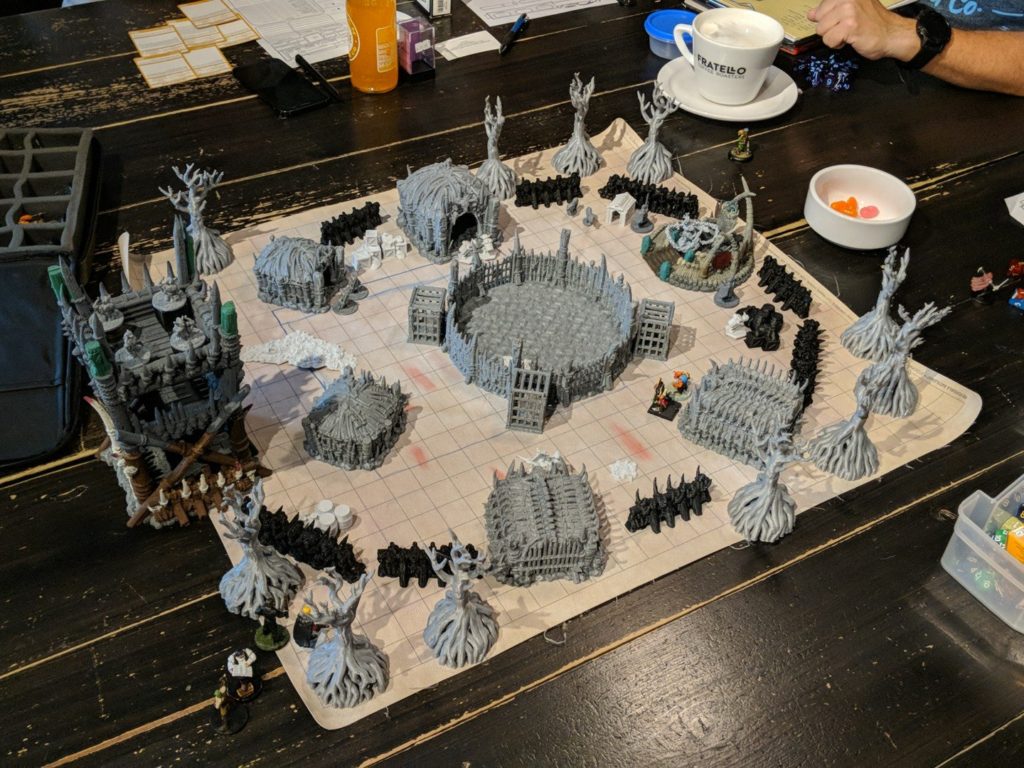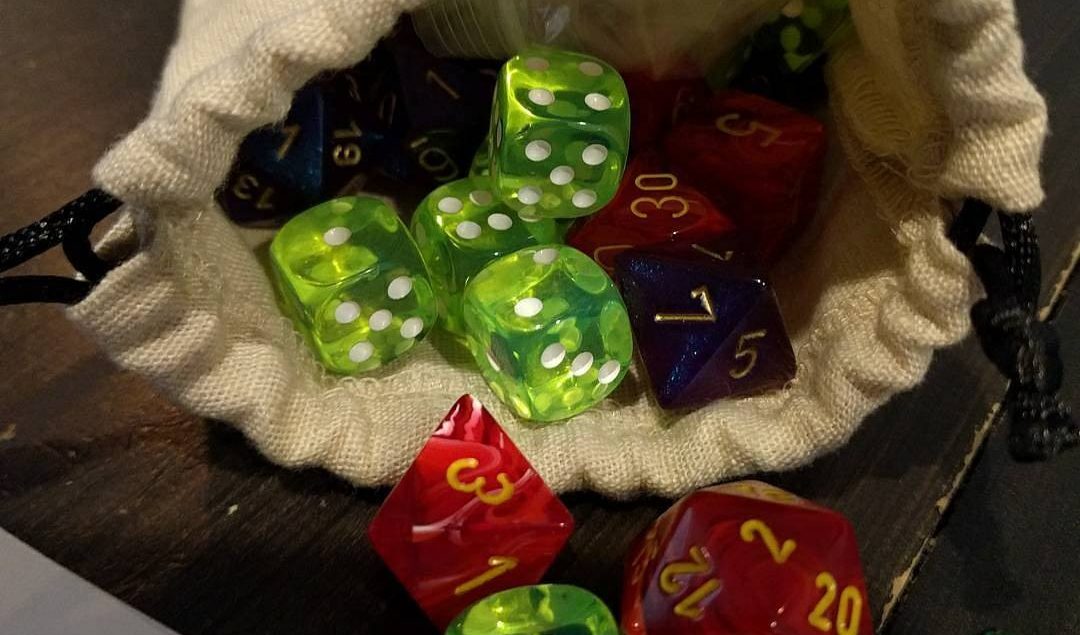Introduction to Dungeons & Dragons
So, you and your friends made the exciting decision to play Dungeons and Dragons, “The World’s Greatest Roleplaying Game”, but don’t quite know where to start. Luckily for you, there are many ways to get into D&D, whether you’re a seasoned table top game veteran or just getting into the hobby. While there are many other guides that will show you how to get started with D&D, this one will offer many different points of entry rather than a single specific method with an explanation of what a beginner should or shouldn’t do. This guide assumes that you’re already familiar with what Dungeons and Dragons is in a vague sense, but want to begin learning the rules and playing out your first adventure.

The first method I’d recommend for beginners is finding someone you know who already plays D&D to help teach you how to play. This is by far the easiest way to begin playing D&D. Someone familiar with the game and its rules will be able to quickly explain what to do and coach you as you start your adventures. It’s even better if this person will be the Dungeon Master (or DM, the person who leads the game) for your group, as they would not only provide your group with a story and setting, but they can also teach you as you play, minimizing time spent reading rules.

If you don’t know anyone who can teach you how to play, try looking for local meet-up groups that do drop-in D&D events like the ones at Hexagon, or your local game store. While it’s always best to do your research and be extra cautious when meeting up with people you don’t know, if you’re in a decently sized city then there’s a good chance that somewhere there’s a friendly group that would love to help you learn how to play.
An option for if you can’t find someone to teach you or a group to join is the D&D Starter Set put out by Wizard’s of the Coast. Designed for groups of 4-6, it includes pre-made characters for levels 1-5, a story for your DM to follow, dice, and a rulebook that will teach you how to play. I personally used one of these when I started, and they’re an excellent and affordable way to get right into the game. The starter set is also a low-cost way to see if it would be worth picking up the more expensive books you need to play the other adventures published by Wizard’s of the coast (or your own “home-brew” stories) such as the Player’s Handbook, the Dungeon Master’s Guide, and the Monster Manual.

In addition to the above methods, there are tons of resources both on the official D&D website (http://dnd.wizards.com/) and on other sites. The online D&D community is huge and there are tons of forums, guides, and places to ask questions. Welcome to D&D!
Feature photograph by jayjlangley.

